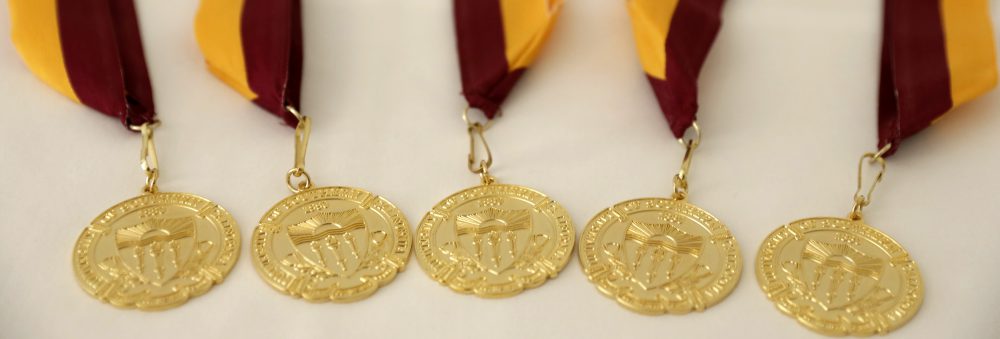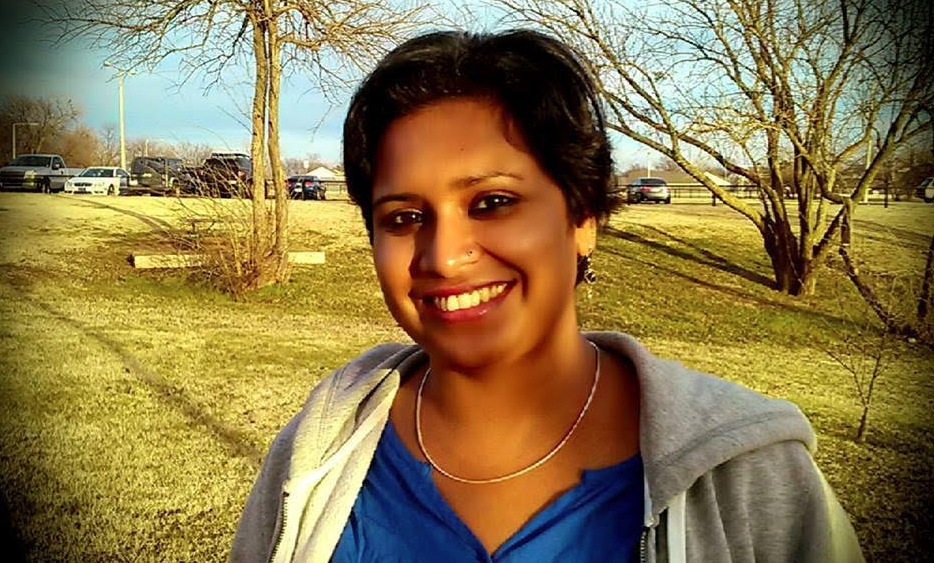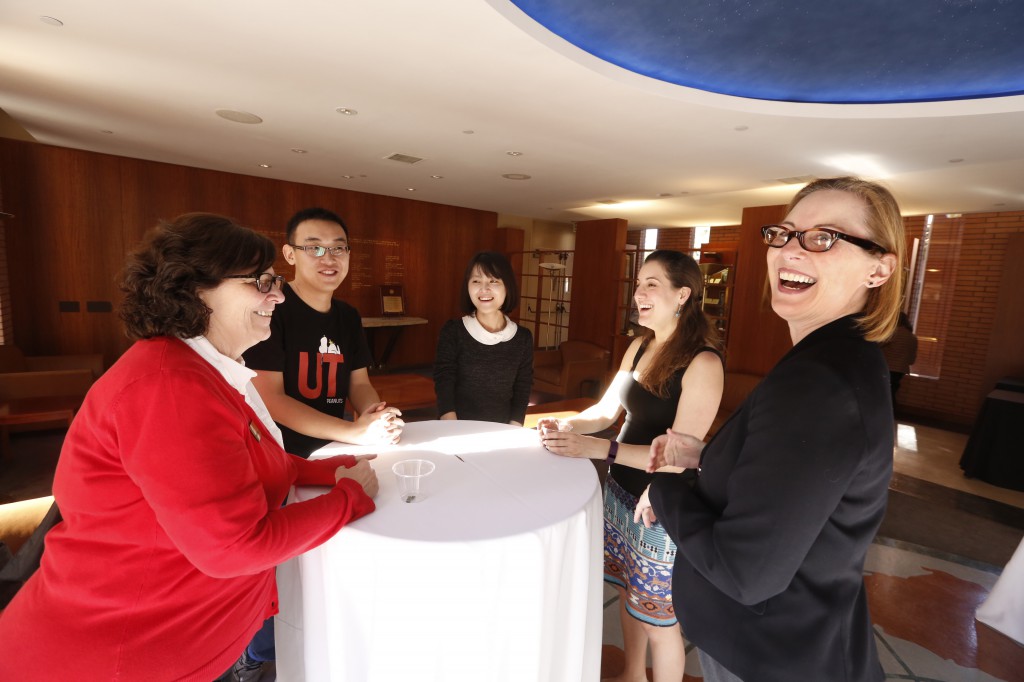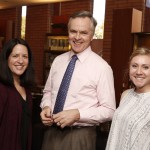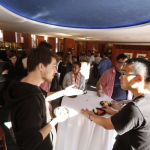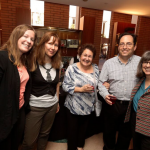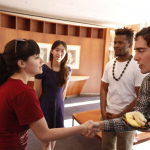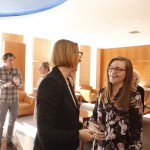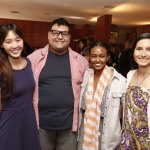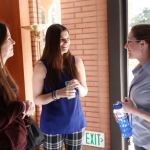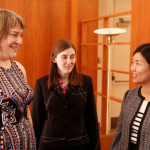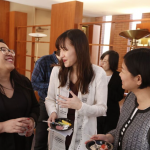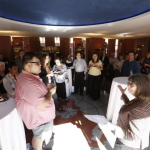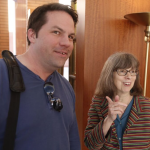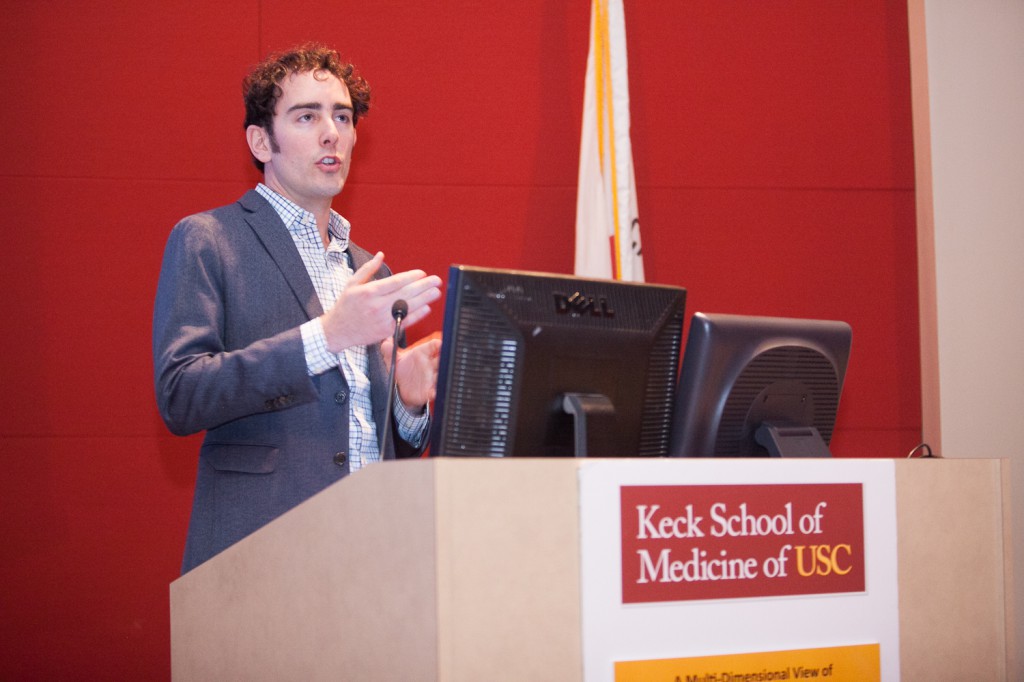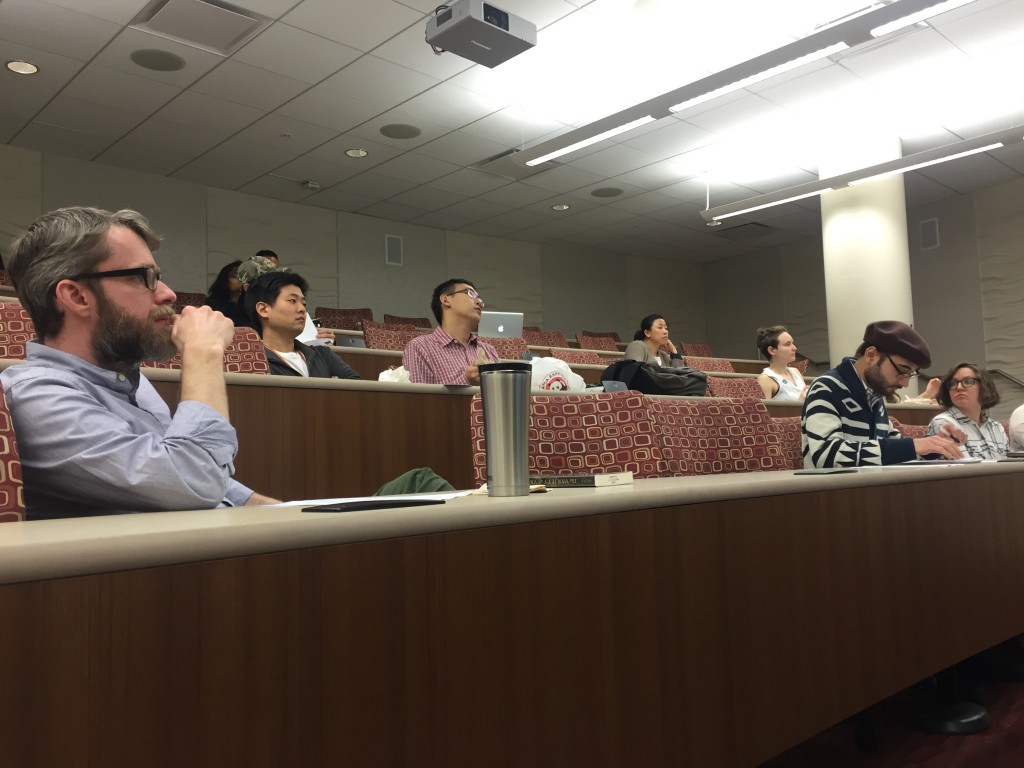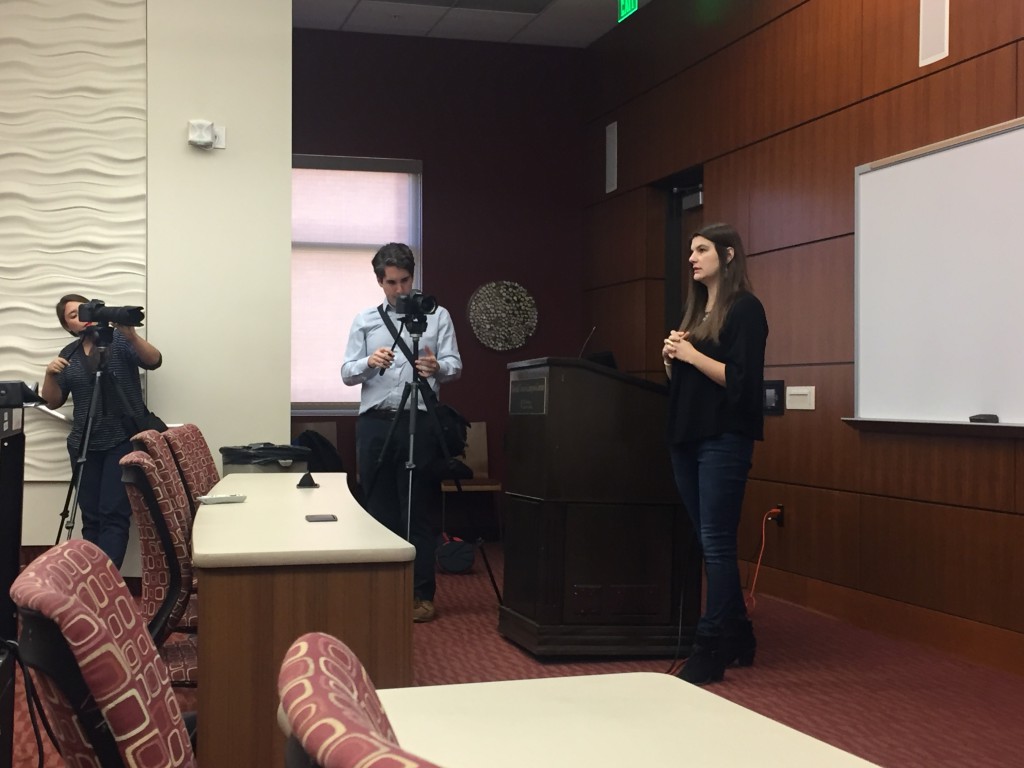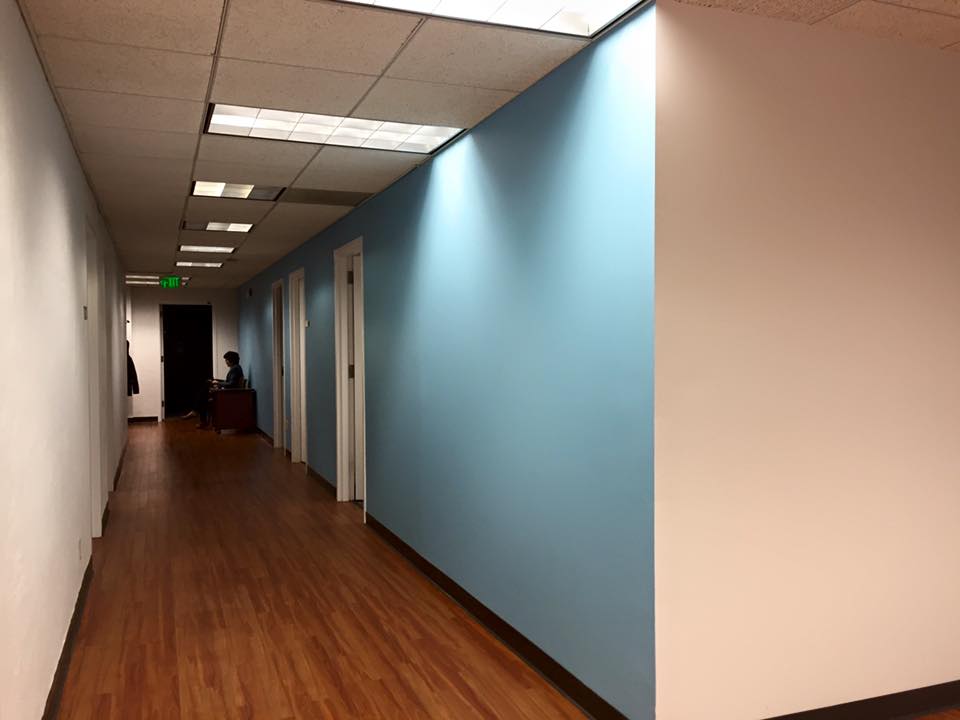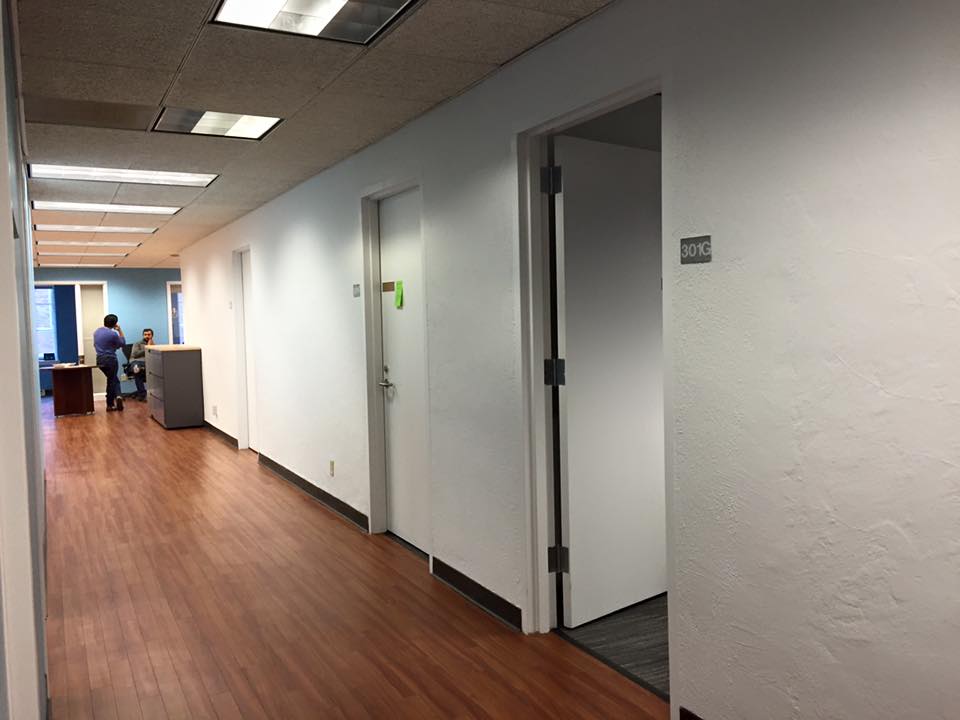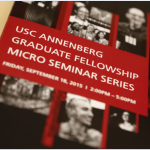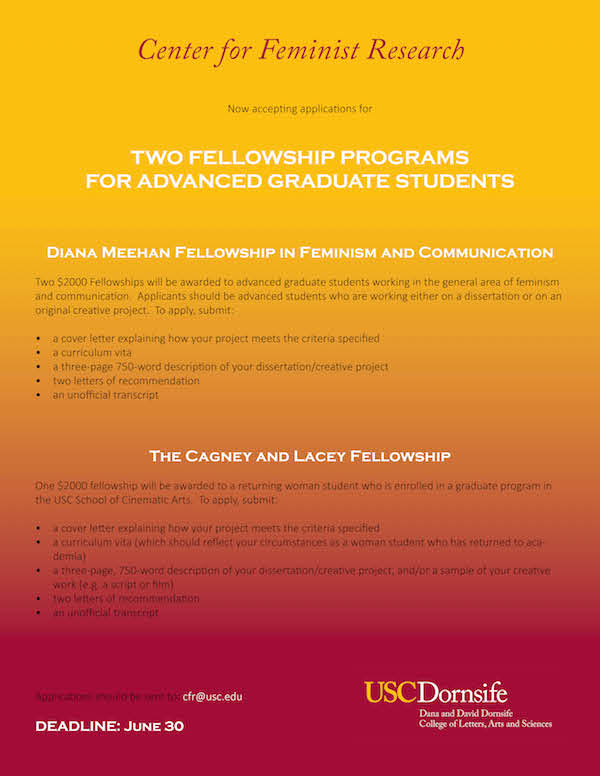Darshana Mini is a first year PhD student with the Cinema and Media Studies Division at the School of Cinematic Arts. She is an Annenberg Fellow and a recipient of the National level Dissertation Proposal Development Fellowship (DPDF) awarded by the Social Science Research Council (SSRC). Darshana is involved on campus as the Graduate Programme Assistant at the Center for Women and Men and part of VOICE (Violence Outreach Intervention and Community Empowerment), a peer outreach program that works to support survivors of trauma and prevent sexual and gender-based violence. She is also part of the Clinical/Advocacy subcommittee of the USC Sexual Assault Task Force.
Darshana’s Research
Darshana’s research looks at Indian cinema’s relationship to sexuality, import policy and censorship by tracking the emergence of the South Indian state of Kerala as a hub of soft-core pornography. Her PhD dissertation examines how the genre of soft-porn cinema emerged as a subversive form in the late 1990s by contravening government prohibitions on the circulation of sexual content.
USC Graduate School and the Fellowship Application Process
It is essential to take steps towards professionalization very early on. The USC Graduate School also has great resources run by their Academic Professional Department and Fellowship Department
– Darshana Mini
In her first semester as a PhD student, Darshana was curious about the Fellowship application process. Through colleagues in her department, she found out about DPDF – one of the few external fellowships available to early-career PhD students and one that is specifically geared at aiding the proposal development process. In Spring 2015, she attended the VSGC Grant Writing Workshop held by USC’s Visual Studies Research Institute (VSRI) where she brainstormed her proposal with a panel of mentors. The advice from seasoned academics at the workshop helped her fine-tune her proposal and make it palatable to a wider audience. Extensive discussions with her supervisor, Professor Priya Jaikumar and her committee member, Professor Ellen Seiter, were crucial to the success of her application.
Darshana’s Advice to PhD Students
Given the extremely competitive job market in academia, attending conferences, publishing in journals and applying for Fellowships are crucial for well-rounded academic development. One needs to apply for these opportunities widely. As PhD students we lose nothing if we apply, but we deprive ourselves of so many opportunities if we don’t apply.
– Darshana Mini
